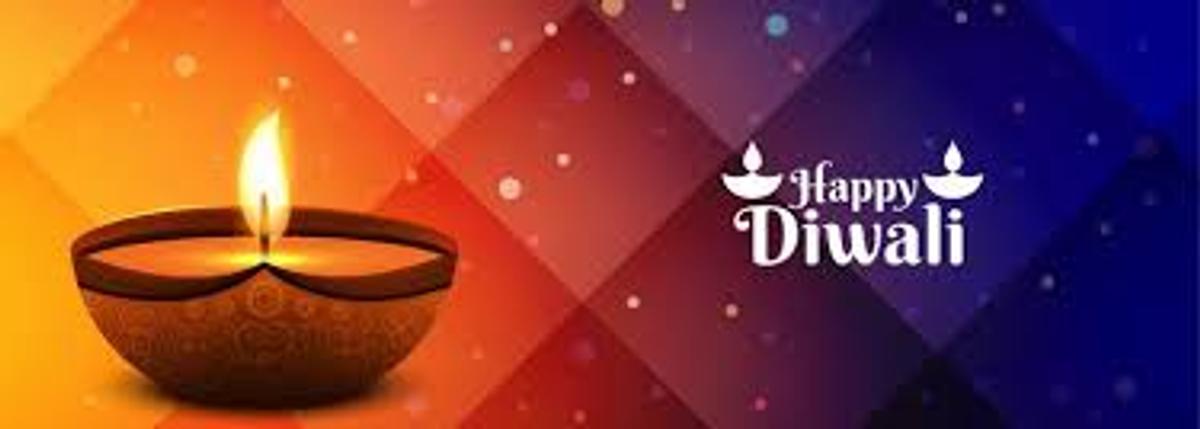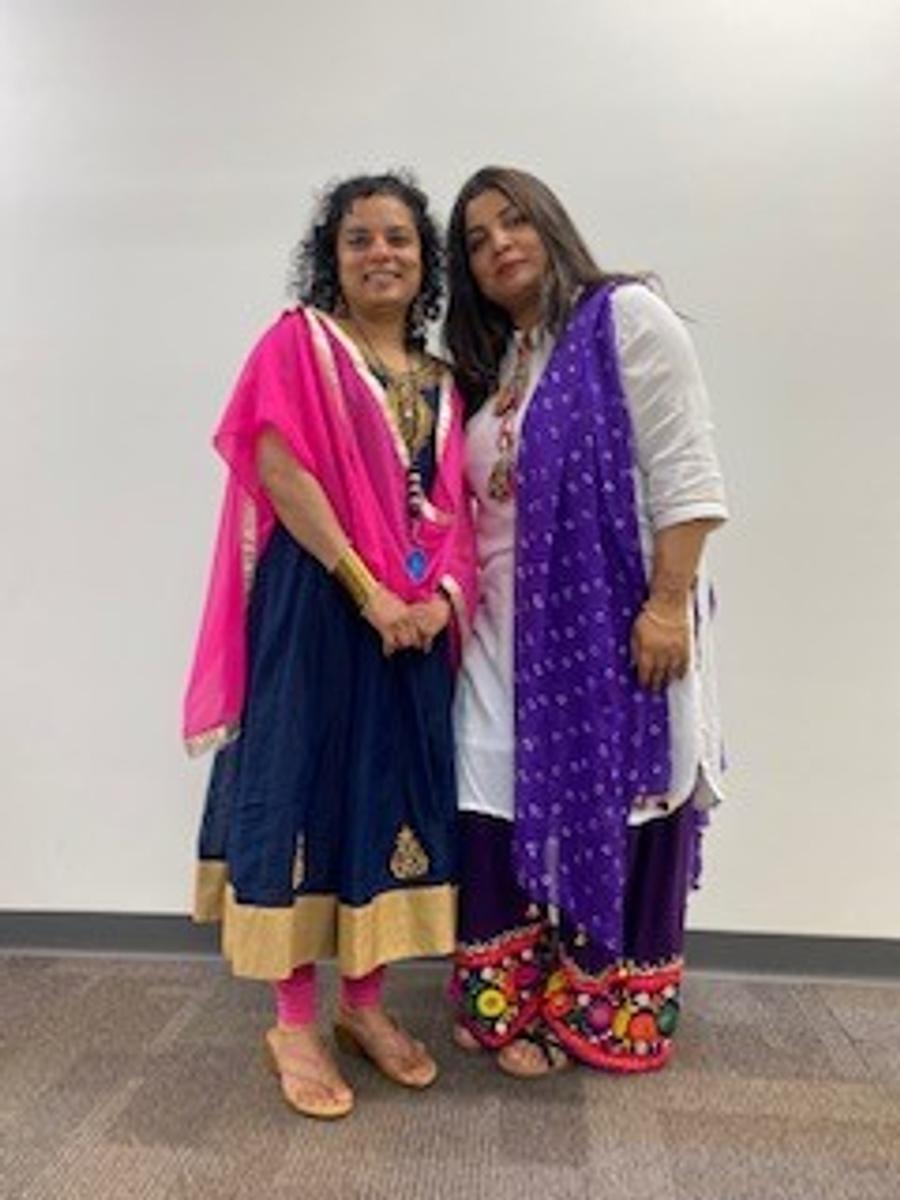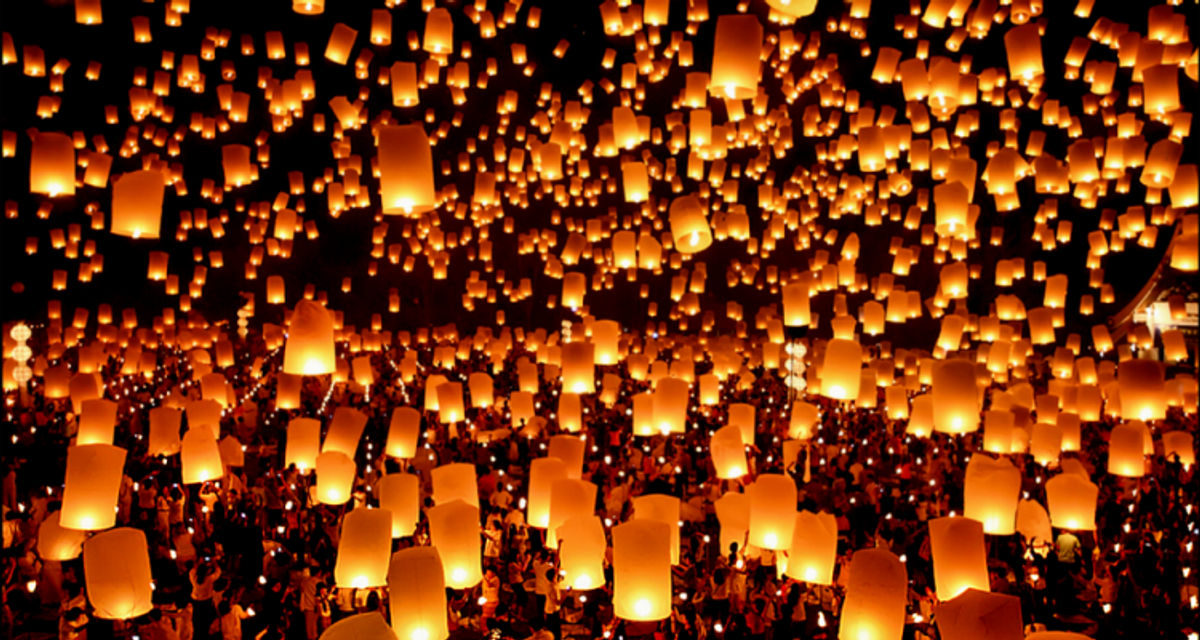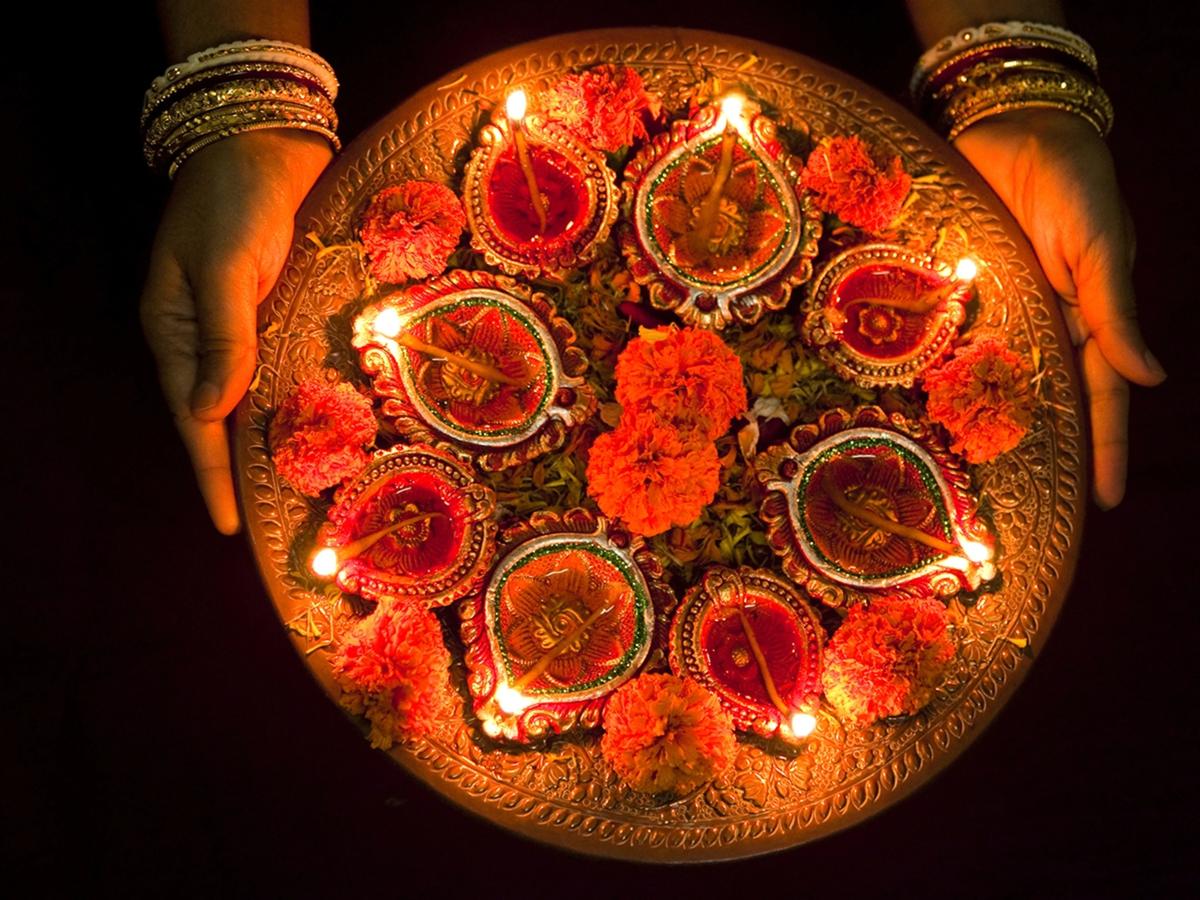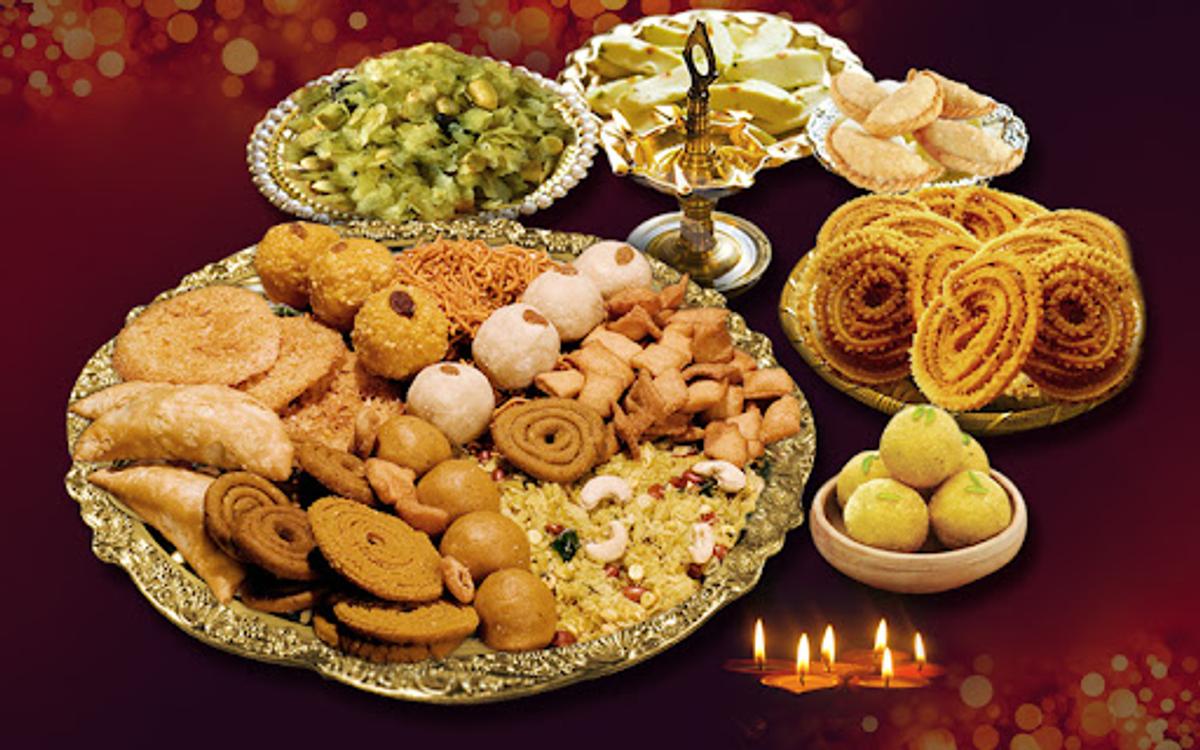Being Well at Magill
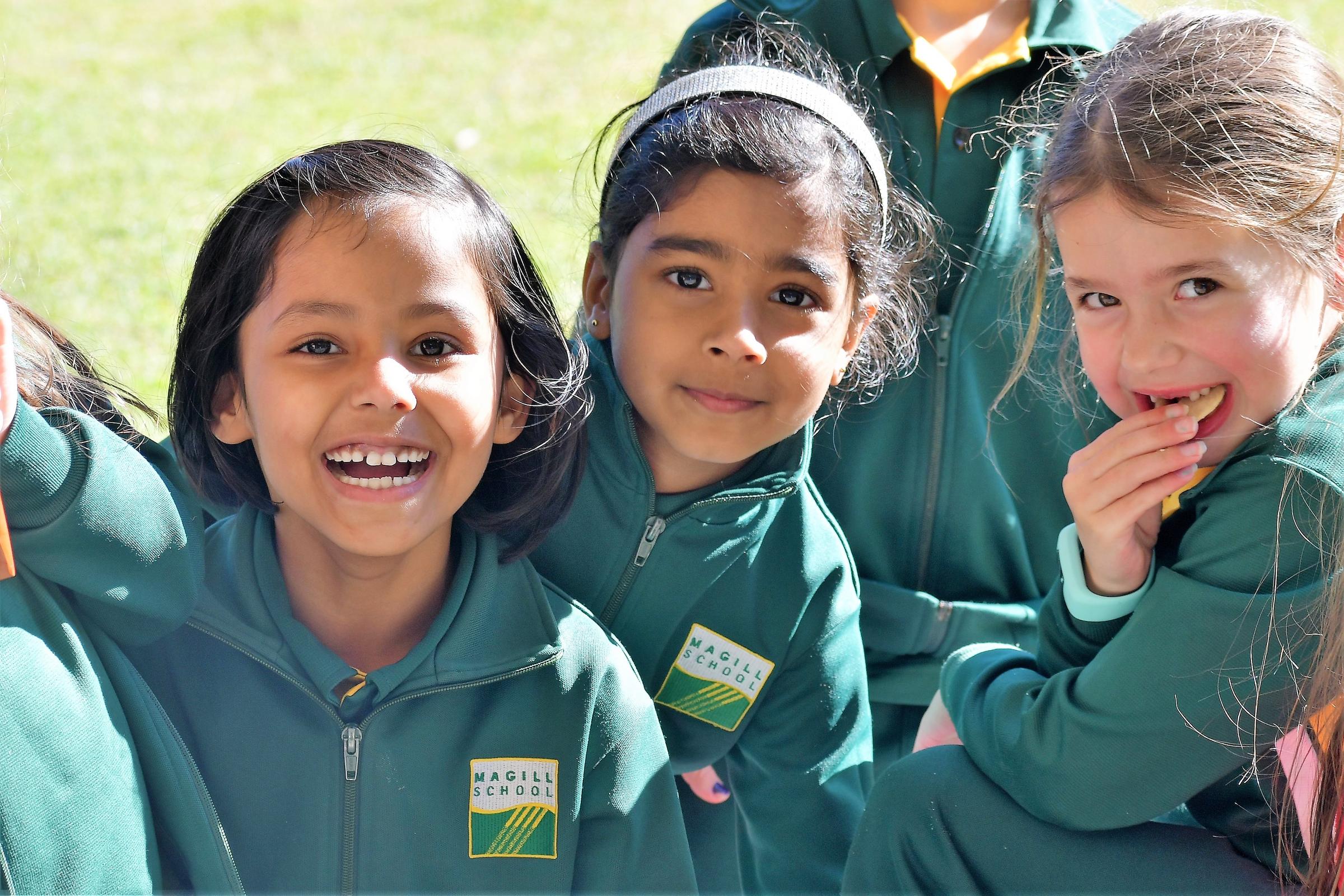
Happy Diwali!
We are so lucky at Magill School to be represented by many cultures and traditions. Around the world presently, people are celebrating Diwali: The Festival of Lights. Sunitha McCarey and Sonya Bedi are looking fabulous, dressed to celebrate Diwali in 2021. If your family also celebrates this important festival, please send in pictures and they will be published in our next newsletter. Here are 10 important facts about Diwali:
1. Diwali is the most important religious festival celebrated by followers of Hinduism. It is also called Divali, Deepavali or Deepawali and is commonly referred to as the Festival of Lights.
2. The Festival of Lights celebrates the Hindu New Year. It is a celebration of the victory of light over darkness and the triumph of good over evil.
3. This festival can last up to five days. Diwali takes place every year in late October or early November depending on the cycle of the moon. The festival starts two days before the new moon comes up.
4. The name Deepavali originates from the ancient Indian Sanskrit language and means 'row of lights'. 'Dipa' means 'Light' and 'avali' is the word for ‘row’.
5. There are various legends that refer to the festival. They traditionally involve the Hindu gods Rama, Lakshmi or Krishna. They all celebrate the victory of the good over the evil and this festival is a celebration of hope, happiness and peace.
6. Originally Diwali was celebrated as a harvest festival in India, but today Diwali is celebrated as the Festival of Light by Hindus all over the world.
This festival is celebrated with sparklers, firecrackers and fireworks and is held in many places.
7. At Diwali it is tradition to decorate and illuminate the homes, visit the local temple for prayers and share meals and sweets with families and friends. Children get small gifts and sweets. Traditional Diwali food includes sweets such as the delicious syrupy gulab jamun balls and other Indian sweets displayed below.
8. Lighting oil lamps, candles and sparklers are the main customs at this festival. Indians light diyas which are candleholders or clay lamps that are used for decoration.
Homes and buildings are also decorated with rangoli decorations made with flowers, coloured sand or even coloured rice, flour, lentils or spices.
9. Statues of Lakshmi, the four-armed Hindu goddess of prosperity, and of Ganesha, the Hindu lord of success usually referred to as the 'Elephant God', are also cherished and decorated with flowers in many homes.
10. Larger Diwali celebrations outside India take place in Singapore's Little India district as well as in London and Leicester/UK, Sydney/Australia and Toronto/Canada where some main roads are decorated with lights and the Hindu community gathers and showcases Indian traditions, crafts and Indian food at fairs and festival grounds.
Sikhs, Jains and Buddhists also celebrate the new year with a festival of light on these dates but have different legends and traditions referring to the event.
Need Professional support or advice?
KidsHelpline: 1800 551 800
Beyond Blue: 1300 224 636
Lifeline: 13 11 14

